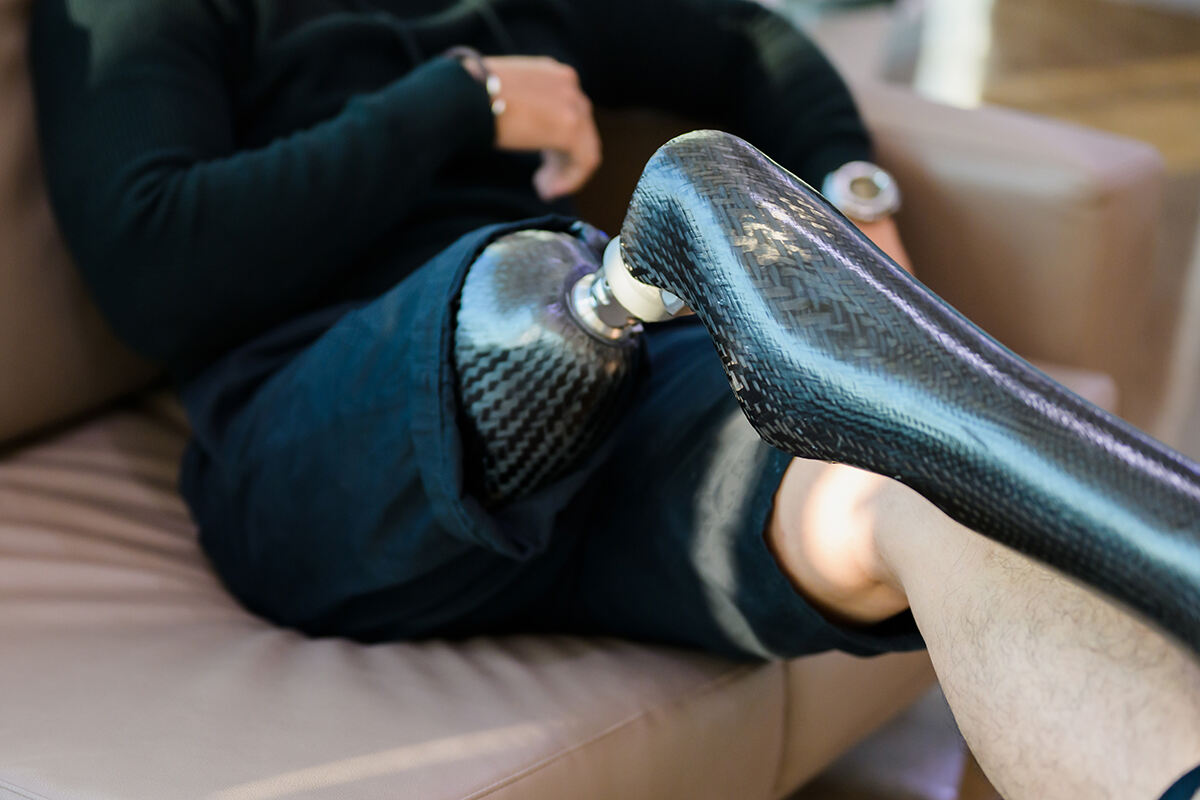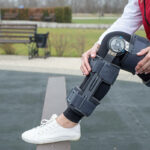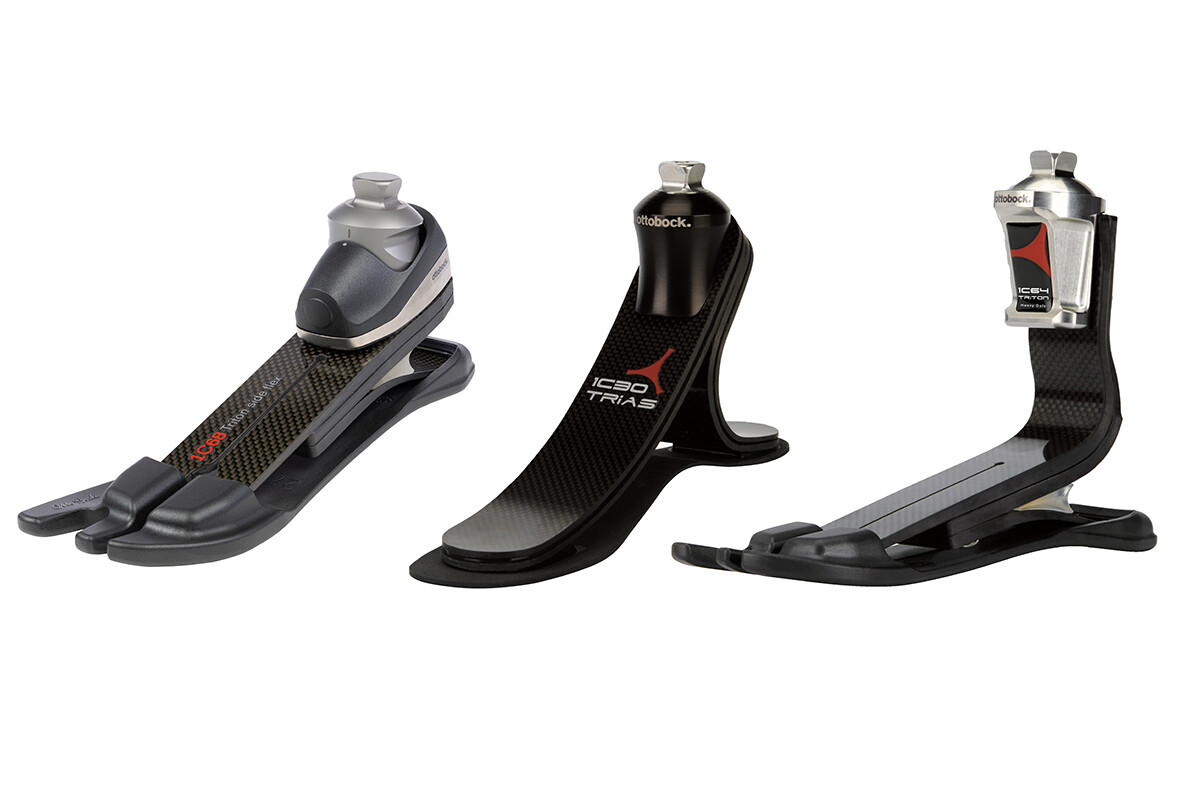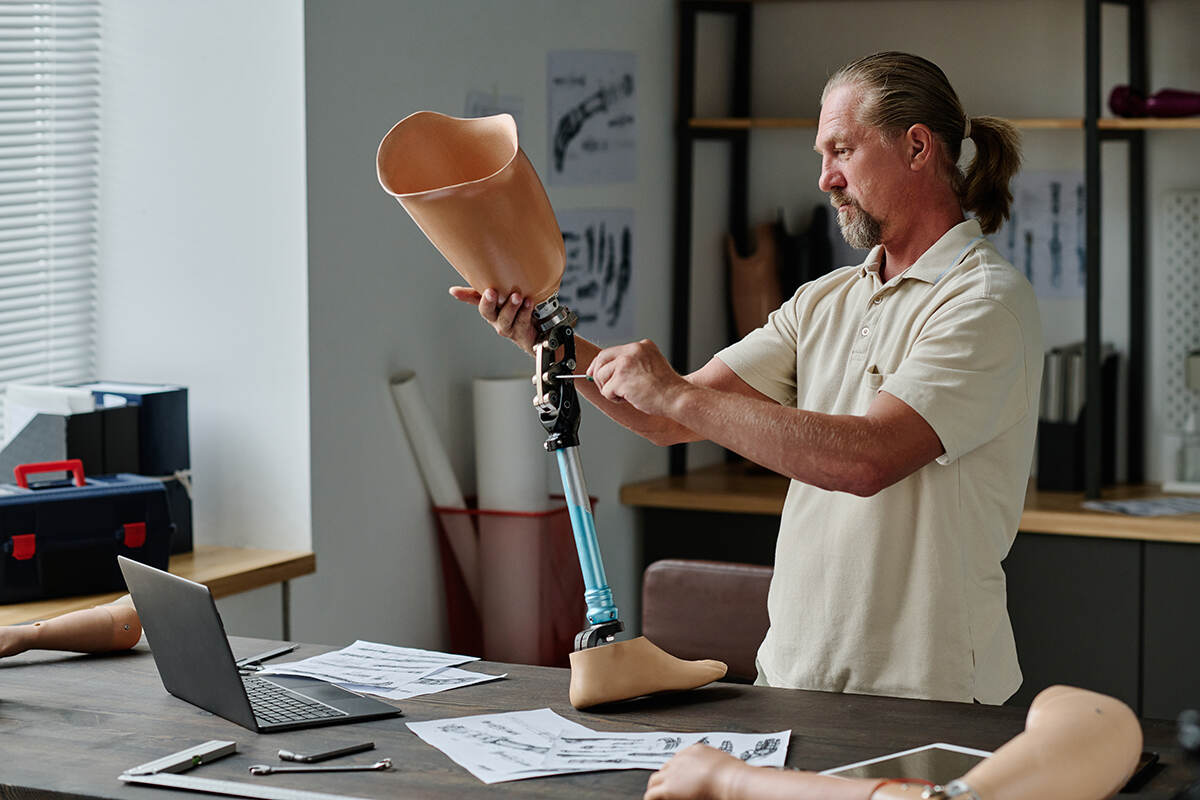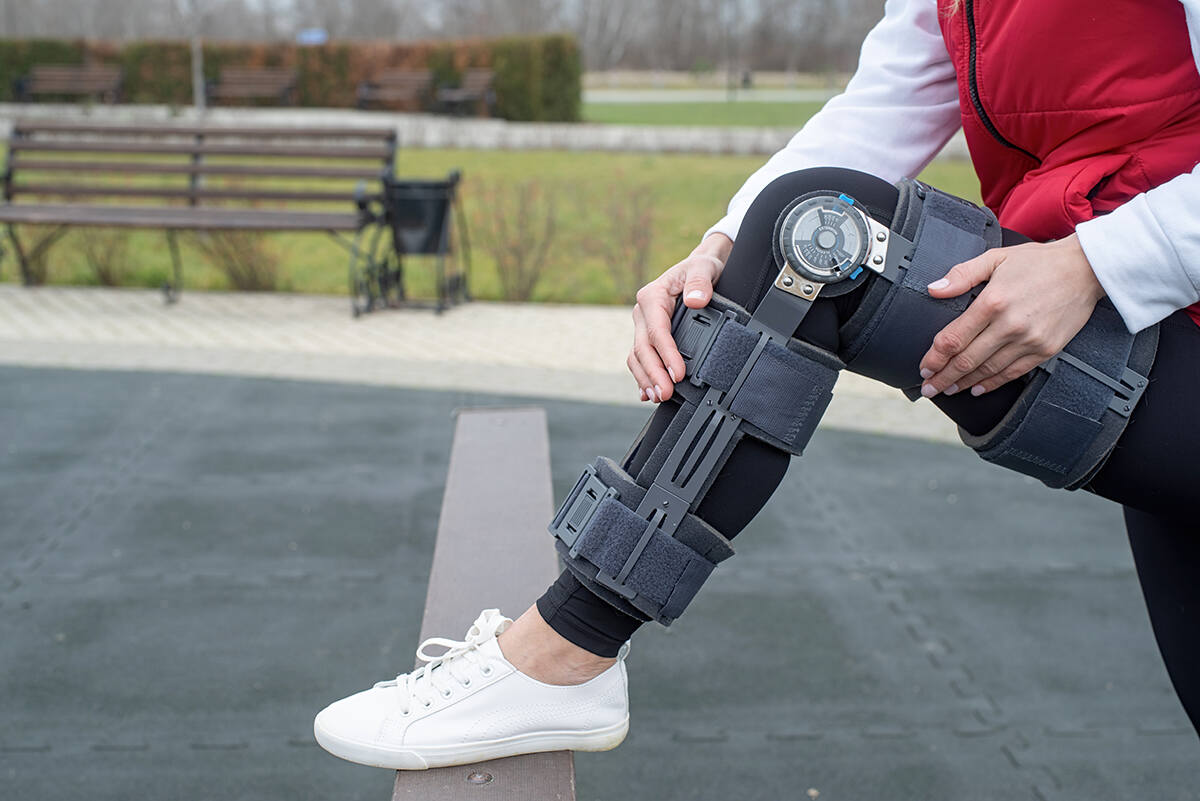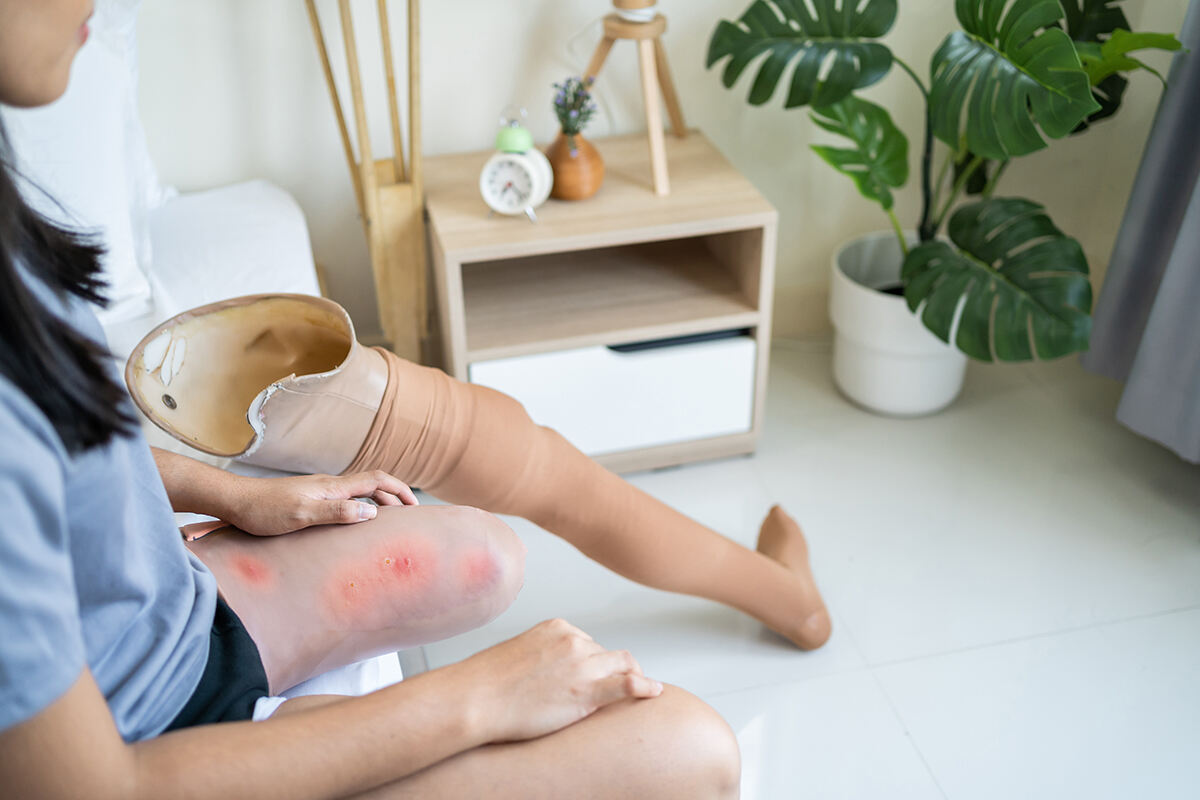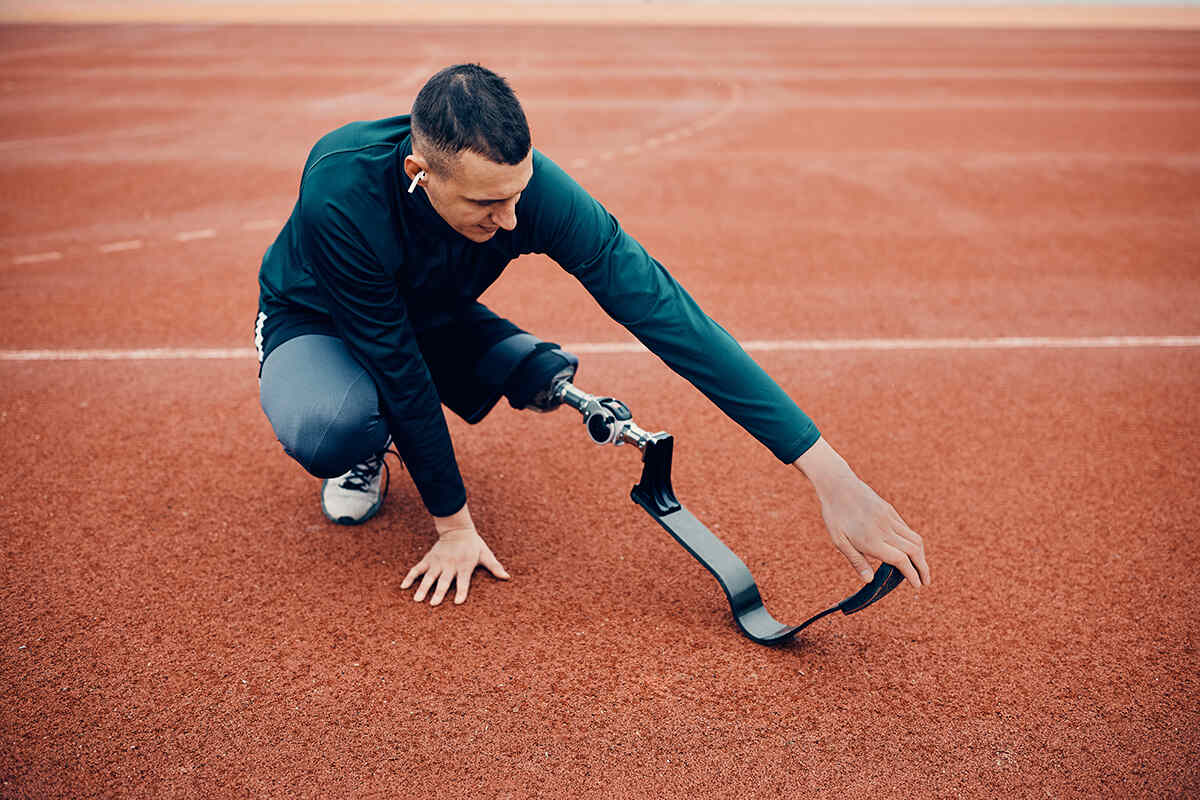Imagine regaining your independence and mobility without having to worry about the financial burden of acquiring a prosthetic leg. With the right resources, support, and knowledge, this dream can become a reality. From understanding the importance of prosthetic legs to navigating health insurance coverage and the application process, this comprehensive guide will walk you through every step of how to get a prosthetic leg for free.
Key Takeaways
- Understanding the importance of prosthetic legs and exploring financial assistance options, such as government programs and non-profit organizations, is essential to obtaining a free prosthetic leg.
- Careful research into eligibility criteria and preparing necessary documentation are key steps in submitting an application for funding.
- Additional resources exist to assist amputees with finding a prosthetic leg including local facilities, charitable organizations, online resources, and financial aid.
Understanding the Importance of Prosthetic Legs

Prosthetic legs are instrumental in reinstating independence and routine for amputees, aiding them to engage in daily activities and uphold their quality of life. But the impact of prosthetic legs goes beyond merely providing mobility; they redefine capabilities, surmount obstacles, and empower individuals to lead their lives to the fullest. With custom prosthetic devices, like free running prosthetics, even athletic activities are within reach for amputees.
Unfortunately, not everyone can afford the high costs associated with prosthetic care, especially under insured amputees. Medical and prosthetic assistance is often necessary to bridge the gap between what insurance covers and what is required for a fully functional prosthetic limb. Organizations like the Limbs for Life Foundation and Steps of Faith Foundation aim to alleviate this financial burden and connect individuals with the support they need to obtain prosthetic devices.
Financial Assistance Options for Prosthetic Legs
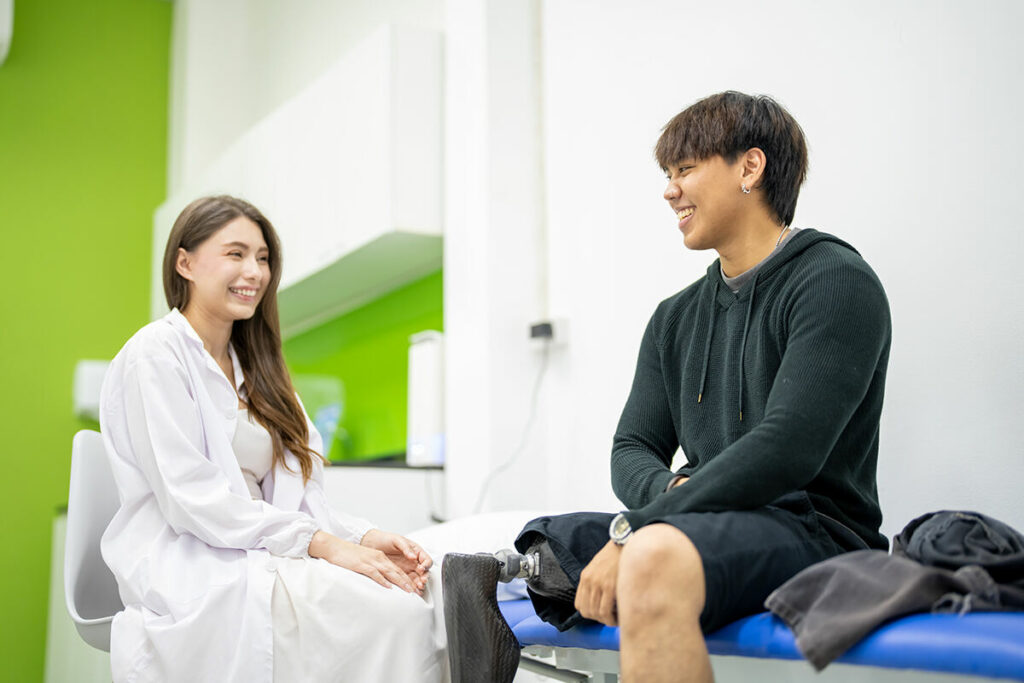
Various financial assistance options are available for those in need of prosthetic legs, including government programs, non-profit organizations, and specialized assistance for children and young adults. Exploring these options can help individuals secure the support needed to cover the costs of prosthetic limbs, facilitating their focus on rehabilitation and reintegration into daily life.
While a private health insurance plan, also known as private insurance, may provide coverage for prosthetic legs depending on policy specifics, additional financial assistance may still be necessary to cover all expenses. In these cases, government programs, non-profit organizations, and specialized assistance for children and young adults can be invaluable resources in obtaining prosthetic legs without breaking the bank.
Government Programs and Grants
Government programs and grants offer financial support for prosthetic legs at federal, state, and local levels, with eligibility and application processes varying by location. Programs such as Medicare and Medicaid provide financial assistance for prosthetic services, while state vocational rehabilitation agencies can offer support for those who need prosthetic devices to return to work or gain greater independence in the workplace.
To assess eligibility and apply for government programs and grants, consulting with local agencies and visiting websites such as medicaid.gov/medicaid/eligibility for details on Medicaid and State Children’s Insurance Program coverage is recommended. Remember, each program has unique requirements and application processes, so comprehensive research and interaction with the relevant agencies is necessary.
Non-Profit Organizations
Non-profit organizations provide financial assistance and resources for prosthetic legs to individuals without health insurance coverage or government support. Organizations like the Limbs for Life Foundation and the Steps of Faith Foundation offer grants and support programs to help amputees acquire prosthetic devices or durable medical equipment.
Contacting your amputee support group (if applicable), hospital, or prosthetist can be useful in identifying non-profit organizations that offer financial assistance for prosthetic legs. These organizations can provide valuable information on available resources and guide you through the application process to ensure that you receive the support you need.
Specialized Assistance for Children and Young Adults
Specialized assistance programs focus on providing financial aid for pediatric prosthetic devices and support for children and young adults with limb loss. Organizations like the Amputee Coalition’s Resource Center offer guidance on the prosthetic fitting process, helping families navigate the complex world of prosthetic services and devices for their children.
Eligibility for these specialized assistance programs typically involves meeting certain qualifications such as:
- Age limitations
- Medical necessity for a prosthetic leg
- Financial necessity
- Assessment by a certified expert
It is important to contact specific programs or organizations, including your local human services office and the labor national contact center, for comprehensive eligibility criteria and application processes to ensure that you receive the support you need.
Navigating Health Insurance Coverage
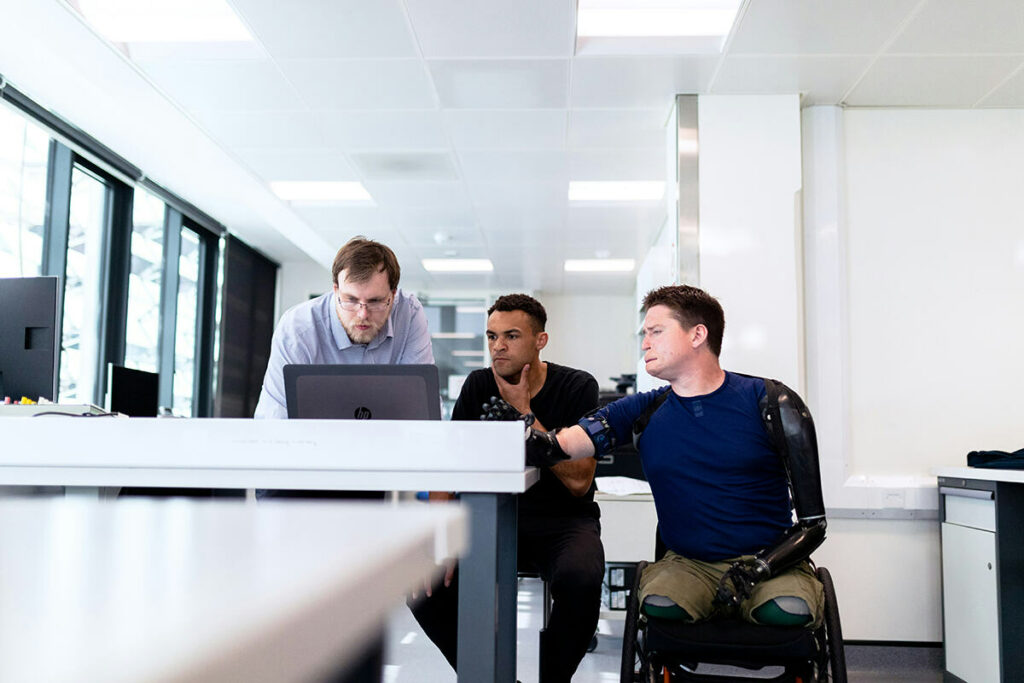
Navigating health insurance coverage for prosthetic legs involves understanding your policy and communicating with your provider to determine what is covered and what additional assistance may be needed. While many insurance plans, including Medicare and Medicaid, do cover prosthetic legs if deemed medically necessary by a healthcare specialist, the extent of coverage can vary.
Reviewing the specific coverage details of your insurance plan, especially if it’s a preferred provider organization, and seeking assistance from your provider to understand your policy and how it relates to prosthetic care is necessary. By doing so, you can ensure that you are maximizing your coverage and minimizing out-of-pocket expenses, allowing you to focus on your rehabilitation and recovery.
Understanding Your Policy
Understanding your health insurance policy is crucial in determining what prosthetic services and devices are covered and what out-of-pocket expenses may be required. Coverage for prosthetic legs can vary depending on the insurance plan, with factors such as deductibles, copays, and in-network or out-of-network providers influencing coverage and costs.
To ensure that you are fully informed about your policy’s coverage for prosthetic legs, it is essential to carefully review your insurance policy and any associated documents, such as the Explanation of Benefits (EOB). This will help you understand the extent of your coverage, any limitations or restrictions, and the potential costs associated with obtaining a prosthetic leg, which is an essential health benefit.
Communicating with Your Provider
Communicating with your health insurance provider can help clarify coverage details and identify any additional resources or assistance programs available. Your provider can furnish you with information on what is covered, any necessary requirements or documentation, and any limitations or restrictions on coverage for prosthetic legs.
Maintaining open dialogue with your insurance provider and asking questions about your coverage and the related costs, helps you become well-versed about your policy and ready to confidently and easily navigate the process of obtaining a prosthetic leg.
The Application Process for Free Prosthetic Legs
The application process for free prosthetic legs involves the following steps:
- Determine eligibility for assistance.
- Prepare necessary documentation, such as medical records and proof of income.
- Research and identify potential funding sources, such as government programs, non-profit organizations, or specialized assistance programs.
- Carefully review the requirements and deadlines for each potential source of assistance.
- Submit your application to the appropriate funding source, following their specific application process.
It is important to carefully research and adhere to the process for each potential source of assistance to increase your chances of receiving free prosthetic legs.
Adopting a systematic approach to the application process can increase your chances of receiving the financial support required to obtain a prosthetic leg without bearing undue costs. This will enable you to focus on your rehabilitation and return to daily life with independence and confidence.
Determining Eligibility
Determining eligibility for prosthetic funding depends on factors such as the cause of amputation, financial need, and availability of funding from public health, insurance, or veterans’ programs. Each funding source has its own set of criteria, and it is important to carefully review these requirements to ensure that you are eligible for assistance.
In some cases, eligibility may also depend on whether you are currently employed or seeking employment, as certain vocational rehabilitation programs require that the prosthetic device be necessary for work-related purposes. Comprehensively researching the eligibility criteria for each potential funding source can boost your chances of receiving the financial assistance required to secure a prosthetic leg.
Preparing Necessary Documentation
Preparing necessary documentation for your application includes gathering personal information, obtaining a prescription for the prosthetic device, and creating a justification statement outlining your need for assistance. Personal information required for an application may include your full name, date of birth, contact information, medical history and documentation of limb loss or amputation, insurance information (if applicable), and financial information (proof of income, tax returns, etc.).
Obtaining a prescription for a prosthetic leg involves consulting with your physician, who will evaluate your condition and determine if a prosthetic leg is necessary. A justification statement, typically required for government programs and state vocational rehabilitation agencies, explains why financial assistance is needed and demonstrates that the device or service will augment independence or facilitate employment.
Submitting Your Application
Submitting your application involves:
- Providing all required documentation and personal information to the appropriate funding source
- May require follow-up communication to ensure approval and coverage of prosthetic costs
- This may include submitting your application online or in person, depending on the organization or program providing the funding.
Patience is required after submitting your application, as the review and approval process could span several months. If approved, the allocated financial aid will cover the cost of the prosthetic leg and any related medical expenses, such as fitting, modifications, and ongoing maintenance.
Staying organized and proactive throughout the application process can guarantee that you receive the necessary support to secure a prosthetic leg and reclaim your independence.
Additional Resources and Support
Extra resources and support, including local prosthetic facilities, charitable organizations, and online resources, are available to assist amputees in the process of acquiring a prosthetic leg. These resources can provide valuable information and guidance, helping you to better understand the available options and make informed decisions about your prosthetic care.
Organizations that offer financial assistance and accept donations of pre-owned prosthetic limbs include:
- Limbs for Life Foundation
- Penta Medical Recycling
- Prosthetic Hope International
- Range of Motion Project (ROMP)
Utilizing these extra resources and support networks can help you navigate the process of obtaining a prosthetic leg with confidence and enhance your quality of life.
Frequently Asked Questions
How much does 1 prosthetic leg cost?
A basic prosthetic leg can cost less than $10,000, while a more advanced computerized version can cost up to $100,000 or more.
Who pays for a prosthetic leg?
Generally, medical insurance covers the cost of a prosthetic limb, with the amount depending on an individual’s employer and their respective plan.
Does a prosthetic leg count as a disability?
Having a prosthetic limb may not automatically make you eligible for disability benefits, however, if it limits your ability to stand or walk over an extended period of time, you may be eligible.
What factors determine eligibility for prosthetic funding?
Financial need, the cause of amputation, and access to public health, insurance, or veterans’ programs all play a role in deciding who is eligible for prosthetic funding.


